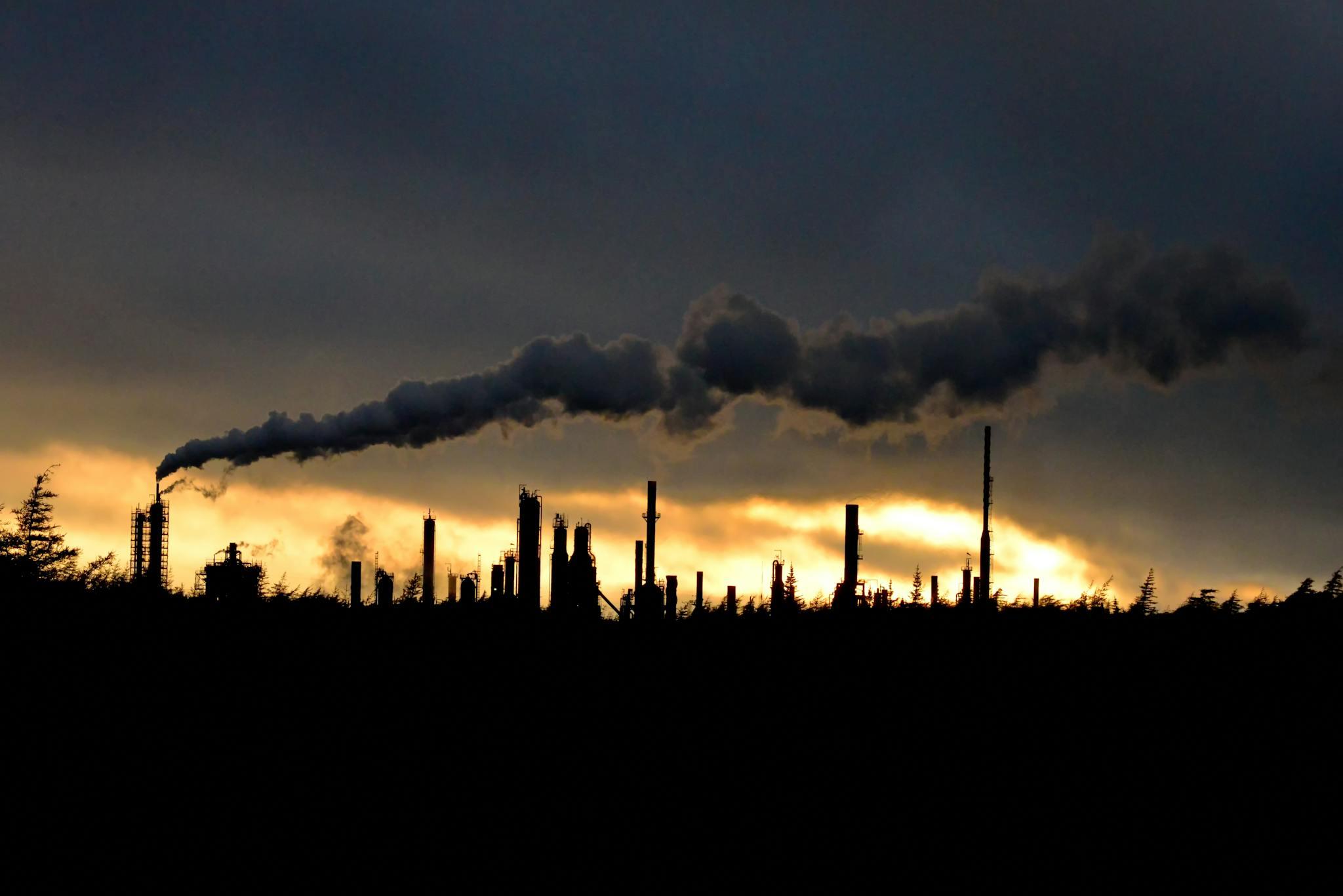What Record Breaking Temperatures In The Next Five Years Could Mean For Canada

Although the Paris Agreement is in effect, the WMO Global Annual to Decadal Climate Update report by The World Meteorological Organization states that average global temperature is likely to increase and surpass 1.5 C in the next five years.
The WMO report shows evidence that in the next five years, there is a 90 per cent chance the average global temperature will surpass the heat records of previous years. Including 2023, which was the warmest year on record according to the WMO.
The Paris Agreement is an international treaty created to limit global warming. Majority of countries across the world are bound to this treaty and share the same goal of keeping global temperature below 1.5 C.
According to Ricardo Pelai, Associate Researcher at the Canadian Climate Institute, “Some of those policies are working, so we're making some progress, but that progress needs to accelerate.”
When asked about the impacts this will have on Canada, Pelai said, “Northern parts of Canada, particularly the Arctic, is warming at an even faster rate, up to three times as fast.”
Pelai also noted a possible increase on Canadian home insurance due to increasing severe weather, “We may also see increases in insurance for our homes because, like I said, weather related events become more frequent and more severe.”
Canada is currently experiencing a wildfire crisis across several provinces. As seen in Jasper, Alta. on July 22, 2024 around 20,000 people were evacuated from the town of Jasper.
The concern for wildfires across Canada was brought up to Pelai, “Warming temperatures are making wildfires more frequent and more severe.”
The rise of temperature across the globe will increase the chances of wildfires. It will also decrease the survival rate of plants by restricting their water absorbance. Pelai said, “drying out vegetation, [will cause] wildfires [to] spread out more easily, or the higher temperatures making it easier for a while for a fire to get started.”
Cheryl A. Rogers, PhD and Assistant Professor in the department of geography and environmental studies at Toronto Metropolitan University, provided details about the impacts this will have on agriculture.
“Rising temperatures puts them [plants] at greater risk of heat stress, so that can cause changes to photosynthesis directly” The heatwaves that will be occurring more frequently will diminish plants' ability to create energy to stay alive. “It can make them more likely to be at extreme hot temperatures, where they're less effective at performing photosynthesis.”
According to Rogers, tree mortality could be increased due to a rise in heat.“During a heat event, plants can't move water through their tissues, and processes can happen like cavitation of water conductive tissues in plant stems.”
This process could lead to several mature trees to die out. “Trees might have a bubble, essentially, that breaks the flow of water through their tissues and prevents them from getting water to their leaves. And that can be an event that can cause tree mortality” said Rogers.
Extreme weather events are also going to heavily impact crops and farming in Canada.
Rogers said “Large rain events can affect the ability of them to get machinery out into the field. And if we're seeing extreme drought, events that can kill crop standing and affect their growth in the field.”
Although the impact of global warming is immense, there are ways to reverse the damage. Pelai said, “There's things you can do, and every action that we take matters and will make a difference.”

Post a comment